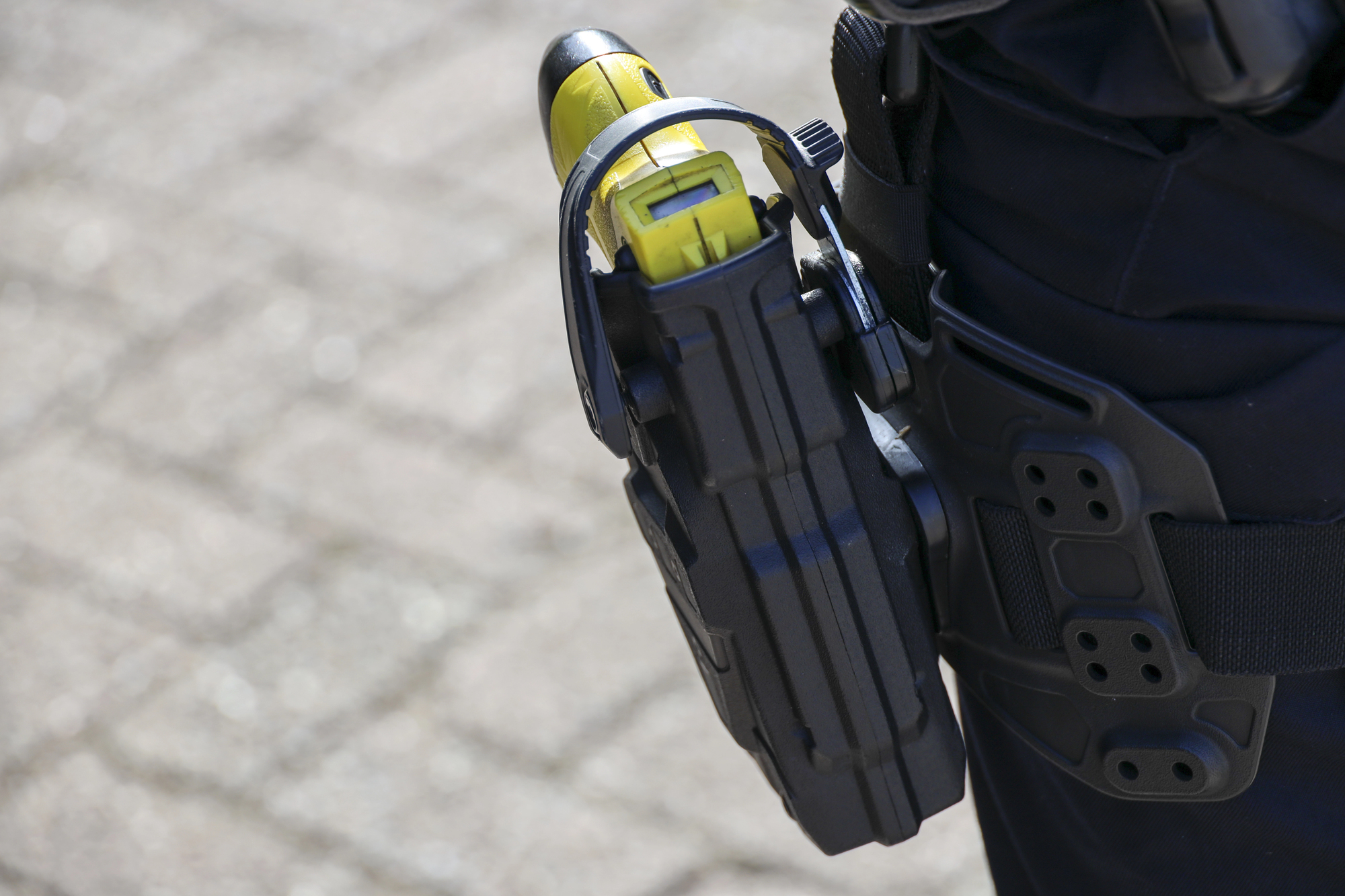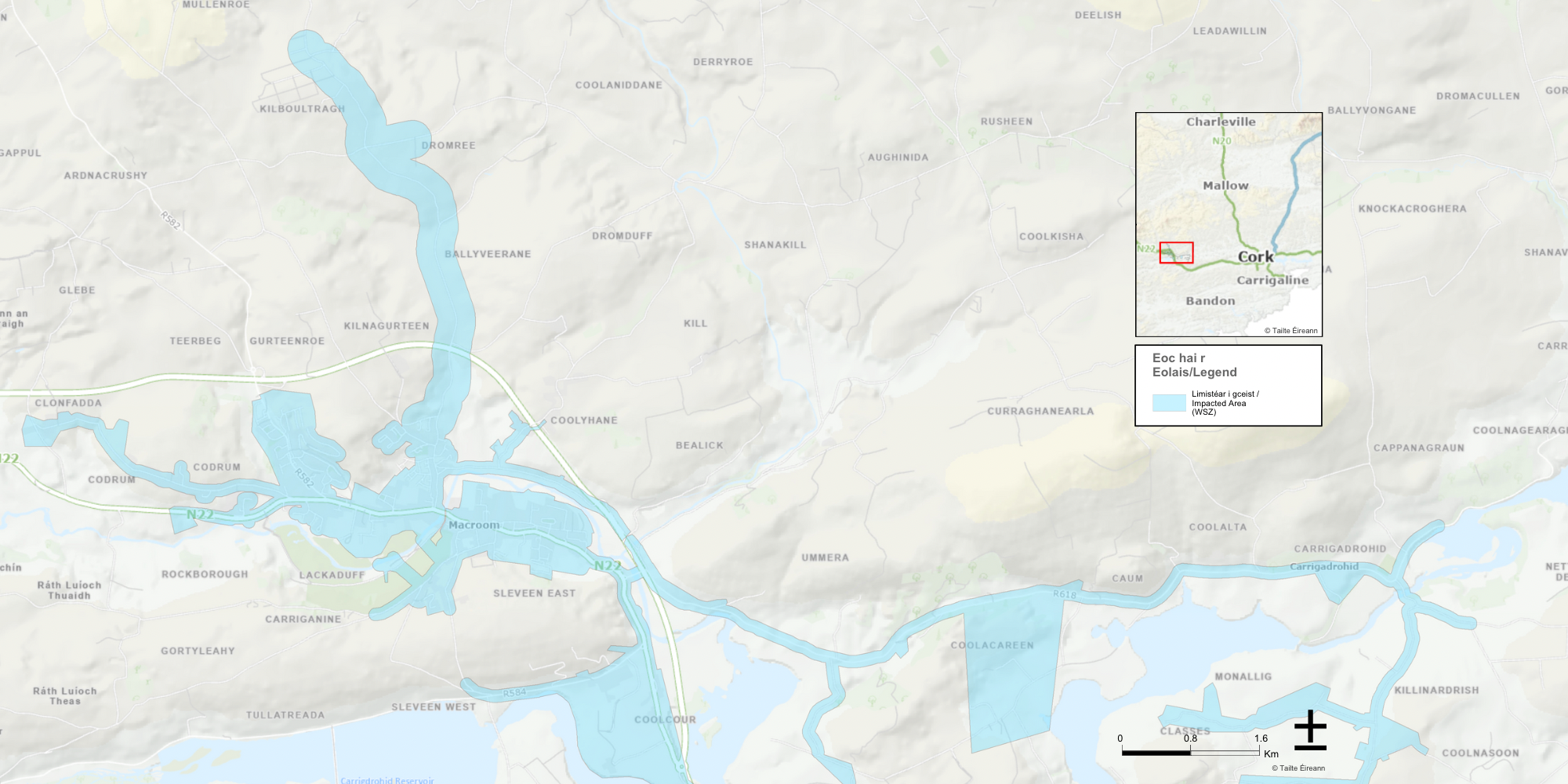Garda Commissioner Considers Arming Frontline Officers with Tasers
Garda Commissioner considers equipping frontline officers with tasers following reports of increased pressure and injuries among regular Gardaí nationwide.

An Garda Síochána Commissioner Justin Kelly is exploring proposals to equip frontline officers with tasers, moving beyond the current practice of limiting such devices to specialist units. The consideration comes as regular Gardaí face increasing pressure and injury reports in their daily duties.
Currently, tasers and similar Conductive Energy Devices are issued only to specialist units including Armed Support Units and the Emergency Response Unit, with Public Order Units receiving the devices following policy changes announced in June 2024.
Commissioner Kelly has indicated that frontline members are under "significant pressure" with regular reports of officers being injured. He emphasised it is "really important that they have everything they need to protect themselves" when discussing the potential expansion.
Any rollout would begin cautiously with a pilot scheme rather than an immediate widespread distribution. The Commissioner has stressed that the force will "not rush into it" and that it is unlikely every Garda would receive a taser, suggesting careful consideration of operational, legal, training and policy implications.
The proposal remains at the consideration stage, with no published policy decision yet authorising a general rollout to all frontline members. Current use of force policies require all operational use of tasers to be reported to the Garda Síochána Ombudsman Commission, ensuring oversight and accountability.
Ireland's police force has historically operated largely unarmed, with firearms and tasers restricted to specialist response teams. The first recorded Garda taser deployment dates back to 2008, reflecting the careful approach taken towards expanding less-lethal weapons within the force.
Several key aspects remain unclear, including specific training requirements, oversight mechanisms, human rights assessments, funding arrangements, and the timeline for any potential pilot programme. No official position has yet been published by the Minister for Justice or oversight bodies including the Policing Authority.
The consideration reflects growing challenges facing frontline policing, as officers encounter increasingly complex and potentially dangerous situations requiring appropriate protective equipment and response options.


